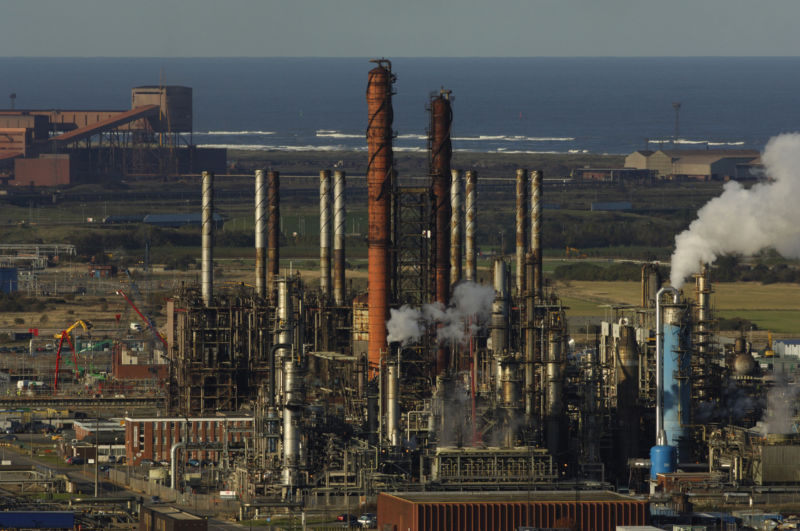[ad_1]

Enlarge / Huntsman Olefins petrochemical industry, manufacturer of ethylene and propylene, Wilton, Teesside, UK. (credit: Photo by Photofusion/Universal Images Group via Getty Images)
When we think about climate change, we most often think about emissions from two sectors: energy and transportation. But industry makes a big contribution to climate change, too. Industrial emissions come from a lot of different things, including the manufacture of common chemicals. Often, these chemicals are made by reforming fossil fuels using heat that’s also provided by burning fossil fuels.
Overall, the chemical industry consumes about 10 percent of global final energy, according to the International Energy Agency.
In a recent PNAS paper, researchers from universities in Germany and California tried to estimate how effectively the chemical industry could decarbonize and whether such a decarbonization is likely.
Read 11 remaining paragraphs | Comments
[ad_2]
Source link
Related Posts
- What to know about measles in the US as case count breaks record
- NASA to perform key test of the SLS rocket, necessitating a delay in its launch
- Fiber-guided atoms preserve quantum states—clocks, sensors to come
- Trump administration puts offshore drilling expansion in Arctic, Atlantic on ice
- The antibiotics industry is broken—but there’s a fix
